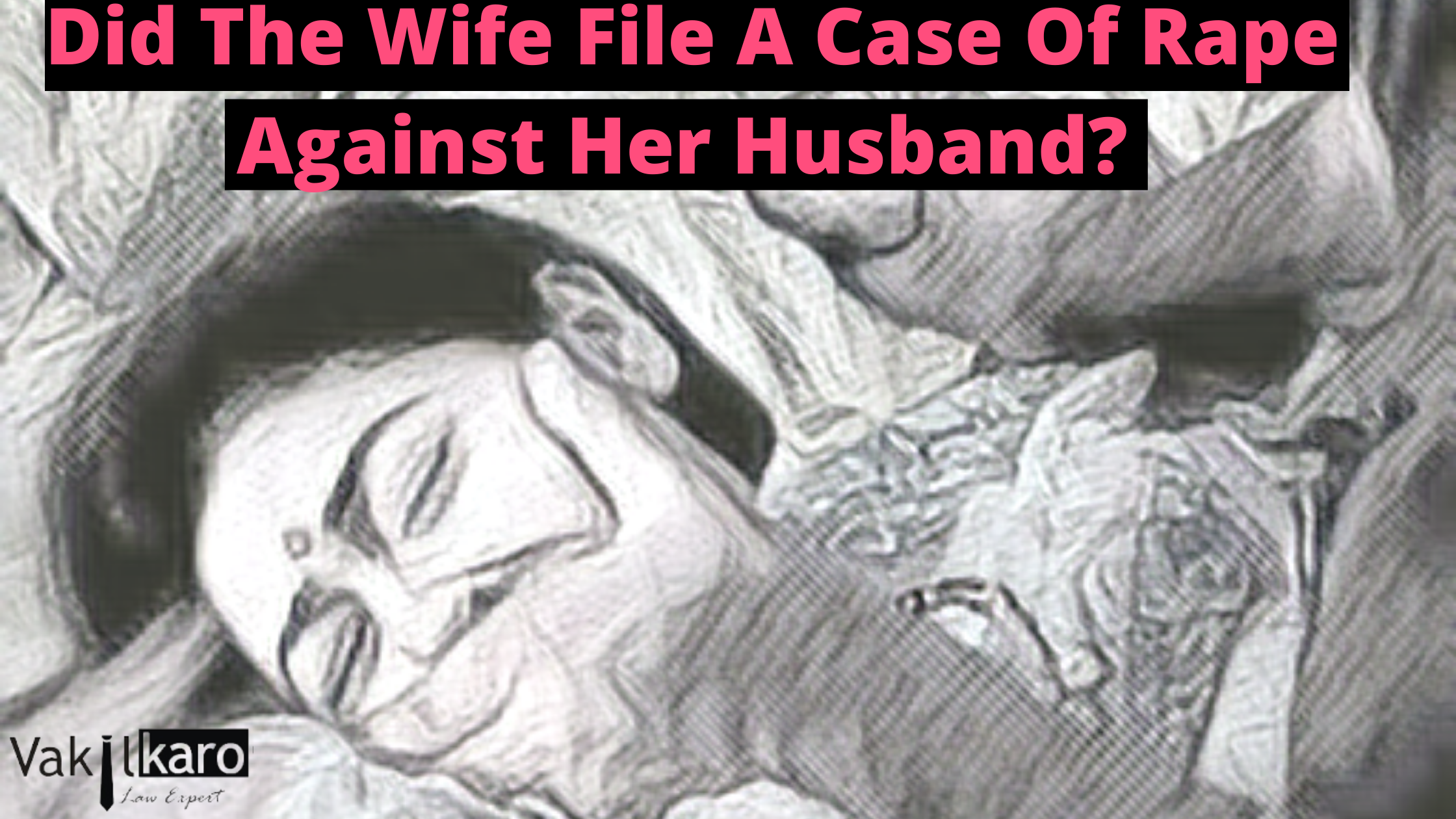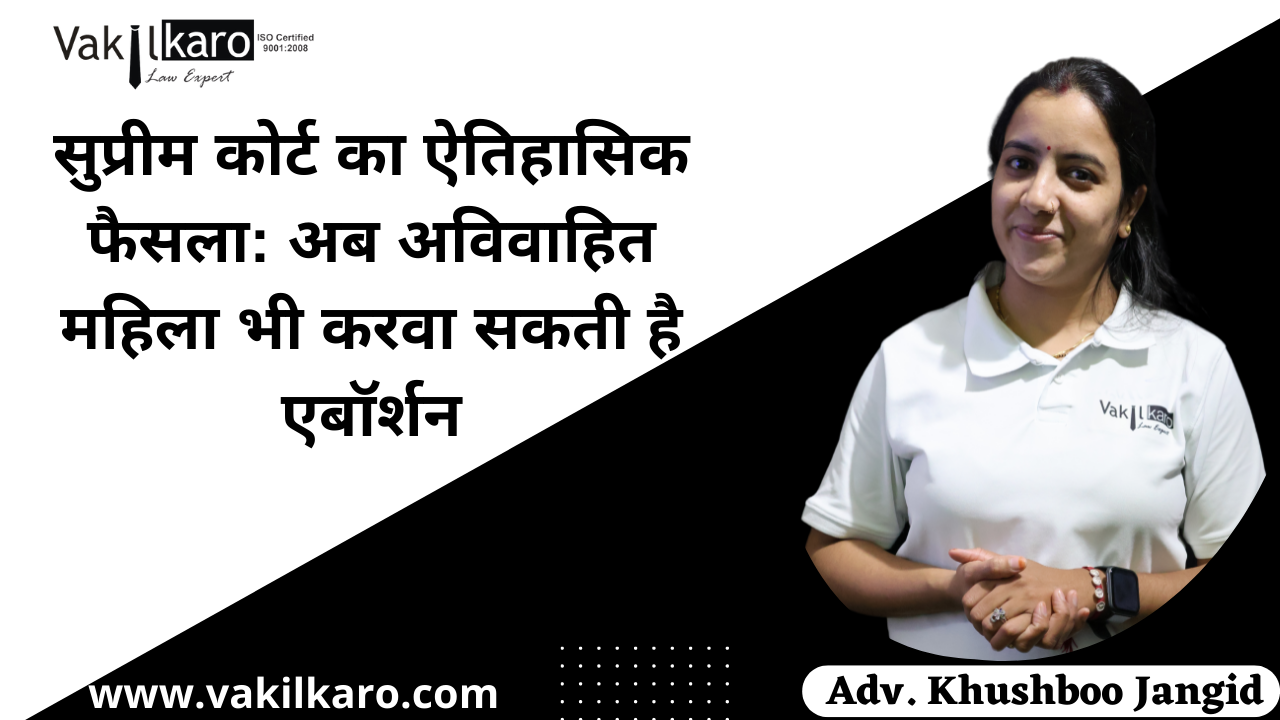What is the meaning of Triple Talak?
Triple talaq or talaq-e-bidder is a form of Islamic divorce that allows a Muslim husband to unilaterally and arbitrarily divorce his wife by saying "talaq" three times in one go. The practice of instant triple talaq is not universally accepted in Islam. It is considered controversial by some scholars who argue that it goes against the spirit of Islamic law and the principles of justice and fairness. The issue has been debated and controversial in India, where the practice was prevalent until the enactment of the Triple Talaq law in 2019.
In August 2017, the SC of India declared the practice of triple talaq unconstitutional and void, stating that it violated the fundamental rights of Muslim women. The court held that the practice was arbitrary and not essential to Islam.
Supreme Court guidelines in 2019 for triple talaq:
In 2019, the SC of India issued guidelines related to the practice of triple talaq. These guidelines were issued in the Muslim Women's Quest for Equality Vs. Jamiat Ulma-i-Hind, which was heard by a five-judge court bench.
Here are some of the key guidelines issued by the Supreme Court:
- Any pronouncement of talaq by a Muslim husband upon his wife, spoken or written or in any other manner, shall be illegal and void.
- The practice of triple talaq is set aside and declared void and illegal.
- The Act of pronouncing triple talaq upon his wife shall be a cognizable offense under section 498A of the Indian Penal Code.
- The police shall register an FIR upon receiving information on committing such an offense.
- The Magistrate shall ensure that reconciliation is attempted before the commencement of the trial.
- Bail can be granted only after the Magistrate decides to hear the wife.
- The proceedings shall be held, and the judgment shall be pronounced in the shortest possible time.
- Muslim Women's Organizations and NGOs shall be associated with the process of giving legal aid to the victims of triple talaq.
These guidelines aim to provide protection and relief to Muslim women who are victims of triple talaq. They also seek to make legal recourse for such women more straightforward and accessible.
Key points of Triple talaq law 2019:
The Triple Talaq Law, officially known as the Muslim Women (Protection of Rights on Marriage) Act of 2019, criminalizes the practice of instant triple talaq or talaq-e-bidder and provides legal protection to Muslim women against this practice. Here are some of the key points of the law:
- The law makes instant triple talaq a criminal offense with a punishment of up to three years in jail and a fine.
- The offense is cognizable and non-bailable, which means that the police can make an arrest without a warrant, and a magistrate can only grant bail.
- The law provides subsistence allowance to the triple talaq victim and her dependent children.
- The law makes the pronouncement of triple talaq a void act and illegal.
- The law provides for the investigation of the offense only upon the complaint of the victim or her close relatives.
- The law empowers the victim to seek custody of her minor children.
- The law also provides for the possibility of reconciliation between the parties, with the permission of the Magistrate.
The law was introduced and passed by the Indian Parliament in 2019 after the Supreme Court of India declared the practice of instant triple talaq unconstitutional in 2017. The law aims to protect Muslim women's rights and prevent Muslim men's arbitrary and discriminatory use of triple talaq to divorce their wives. However, the law has also faced criticism for being discriminatory against Muslim men and potentially leading to criminalizing ordinary marital disputes.
Muslim women's situations after triple talaq:
- The situation of Muslim women in India after the enactment of the Triple Talaq law in 2019 has been a mixed bag. On the one hand, the law has protected Muslim women against instant triple talaq or talaq-e-bidder, previously used to arbitrarily and unilaterally divorce their wives. The law has criminalized the practice and made it a punishable offense, which has acted as a deterrent against the practice.
- On the other hand, concerns have been raised about implementing the law and its impact on the ground. Muslim women, especially those from economically weaker sections, have faced difficulties accessing justice and protection under the law. They often lack the resources to hire lawyers and pursue legal action against their husbands. There have also been reports of women facing pressure from their families and communities to withdraw their complaints.
- Additionally, while the law has addressed the issue of triple talaq, it has not addressed other forms of discrimination and violence faced by Muslim women in India. There are still concerns about the prevalence of domestic violence, marital rape, and other forms of gender-based violence Muslim women face.
- Overall, while the Triple Talaq law has brought attention to the issue of triple talaq and provided a legal framework for addressing it, there is still much work to be done to ensure that Muslim women in India can access justice and protection from all forms of discrimination and violence.
Triple talaq-related landmark judgments in India:
Here are some of the significant judgments:
- Shamim Ara v. State of Uttar Pradesh (2002): The Supreme Court of India held that triple talaq was not a valid form of divorce under Islamic law and that the pronouncement of triple talaq in one sitting would be considered as one revocable divorce.
- Ishrat Jahan v. Union of India (2017): The Supreme Court of India observed that the practice of triple talaq was not a mandatory part of Islam and was unconstitutional.
- Shayara Bano v. Union of India (2017): The Supreme Court of India declared the practice of triple talaq unconstitutional and void, stating that it violated the fundamental rights of Muslim women. The court held that the practice was arbitrary and not essential to Islam.
- Danial Latifi v. Union of India (2001): The Supreme Court of India held that a Muslim husband has the right to divorce his wife by saying talaq thrice in one sitting, but the pronouncement of talaq must be preceded by a reasonable period for reconciliation.
- Sayeeda Khanam v. Mohammad Rafiq (2008): The Andhra Pradesh High Court held that triple talaq was not valid if the husband pronounced it intoxicated.
These judgments have played a significant role in shaping the legal framework related to the practice of triple talaq in India.
Vakilkaro is a Best Legal Services Providers Company, which provides Civil, Criminal & Corporate Laws Services and Registration Services like Private Limited Company Registration, LLP Registration, Nidhi Company Registration, Microfinance Company Registration, Section 8 Company Registration, NBFC Registration, Trademark Registration, 80G & 12A Registration, Niti Aayog Registration, FSSAI Registration, and other related Legal Services.
Contact India's best Legal Firm, Vakilkaro, today. You can give us a call at +919828123489 or may write an Email also at help@vakilkaro.co.in. We are here to serve you 24/7.
"Happy Customer serves the company success"- we aim to achieve this through our legal services."
Why should you trust Vakilkaro?
- 100% guaranteed satisfaction
- Largest Network across India
- Easy to Hire
- Provides legal service in easy language.

 +91 9828123489
+91 9828123489 +91 9828123489
+91 9828123489 help@vakilkaro.co.in
help@vakilkaro.co.in.png)







.png)







.jpg)
.jpg)


.png)
.jpg)
 +91 9828123489
+91 9828123489 help@vakilkaro.co.in
help@vakilkaro.co.in